“Does My Insurance Cover That?” Know Your Insurance!
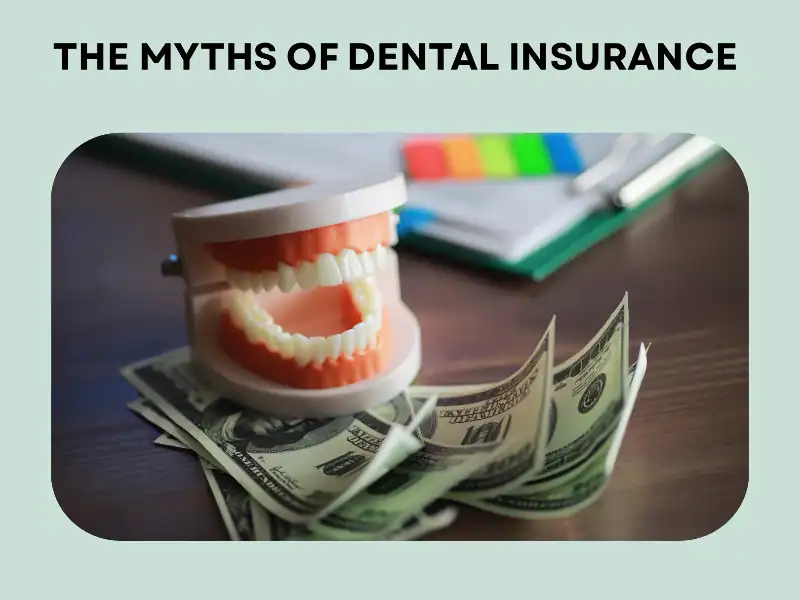
There are many myths and misunderstandings about dental insurance, and we are going to cover them all in this blog. Long story short, if you have relatively good oral health, you will most likely only see your dentist for your regular cleanings and routine x-rays each year. Which means, if you have dental insurance, you most likely end up paying more out of pocket for insurance coverage, deductibles, and co-pays than you will on your yearly cleanings, exams and x-rays.
Smile Sarasota is a non-restricted dental office which means we are not considered “in network” with any dental insurance companies. This allows Dr. Still to provide quality and personalized care for each patient based on his knowledge and expertise, and not based off what insurance companies are allowing or willing to reimburse.
However, we do have several patients that have dental PPO insurance plans, which allows them freedom to choose their dental provider. We submit courtesy claims, on the patient’s behalf, for them to get directly reimbursed by their insurance. HMO policies make the subscriber stay in network, so choices of providers are limited to in network only.
Most insurance companies follow a 100-80-50 rule. Preventive procedures (cleanings, x-rays, and exams) are usually covered in network at 100%, basic procedures (fillings, simple extractions) are usually covered in network at 80%, and major procedures (crowns, bridges, dentures, implants, root canals, and oral surgery) are usually covered in network at 50%. The remainder of the cost is due out of pocket.
Your Annual Maximum is the allowable amount that your insurance covers for the year. This typically ranges from $1,500 – $2,100. Once you have reached your maximum, insurance does not cover anything else. For example, if you get a crown done in January, you will be most likely to have maxed out your benefits for the rest of the year, meaning every cleaning and procedure after that will be paid out of pocket. Some major procedures have frequency limitations on them. For example, crown replacements are usually covered once every 5 years, some are once every 10 years, depending on what plan you have.
Some procedures require a pre-authorization be submitted, so that the insurance company can review the pre-op x-ray and decide whether they are going to pay on the procedure or not. A pre-authorization is just an estimate of what the insurance is willing to pay. They can retract this at any time once the claim has been sent in, as it is not a promise of payment. A lot of the time, we see insurance companies paying on an alternate benefit. Which is when they downgrade a procedure to the less expensive option, not the one recommended by the dentist. (Keep in mind, the dentist is the medical professional, the insurance company is not.) The patient is then left to cover the difference between the recommended procedure and the one the insurance company has decided is suitable, and less expensive.
Each patient is different; some require more frequent cleanings and exams with the dentist than others do. Most insurance plans will only cover two periodic exams per year. These are often referred to as check up exams. Dr. Still does not charge for periodic exams, as he feels that he should be able to do periodic exams as needed. We have patients that get periodontal maintenance, and require deeper cleanings and more frequent exams, as other patients get regular cleanings and 2 exams per year.
Knowing your insurance is important. Insurance payments can become more expensive than your dental procedures. In some cases, it is best to go without dental insurance. It is up to the patient at the end of the day. Our office is happy to accommodate to our patients wishes to have insurance or to not.

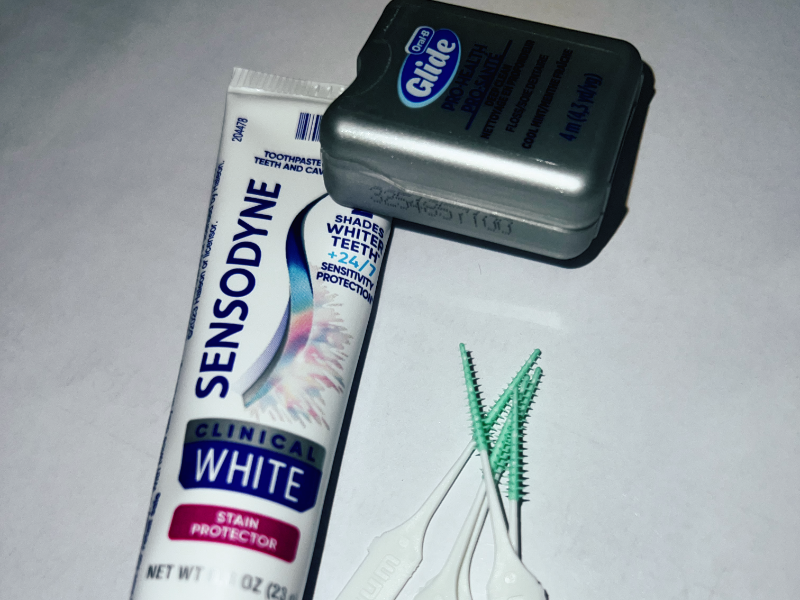

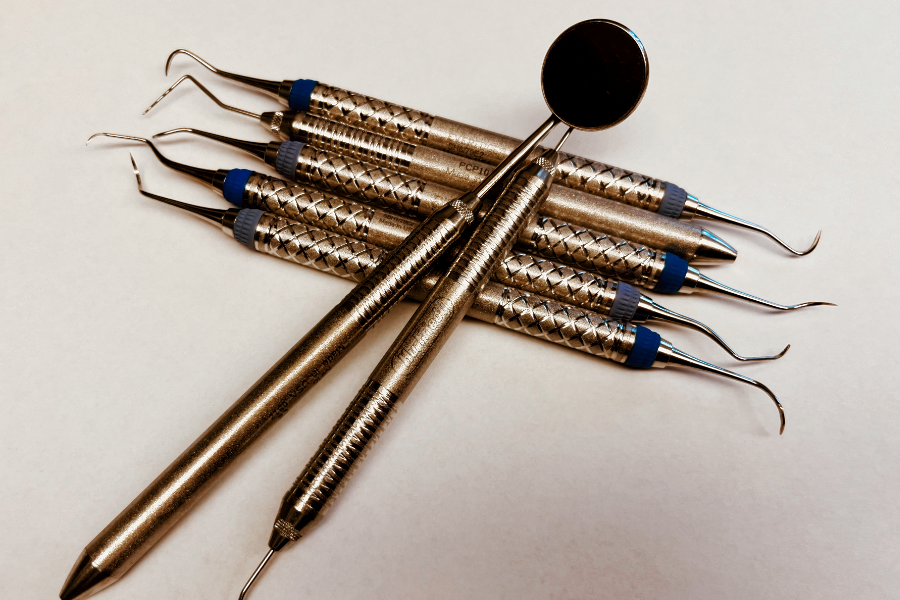
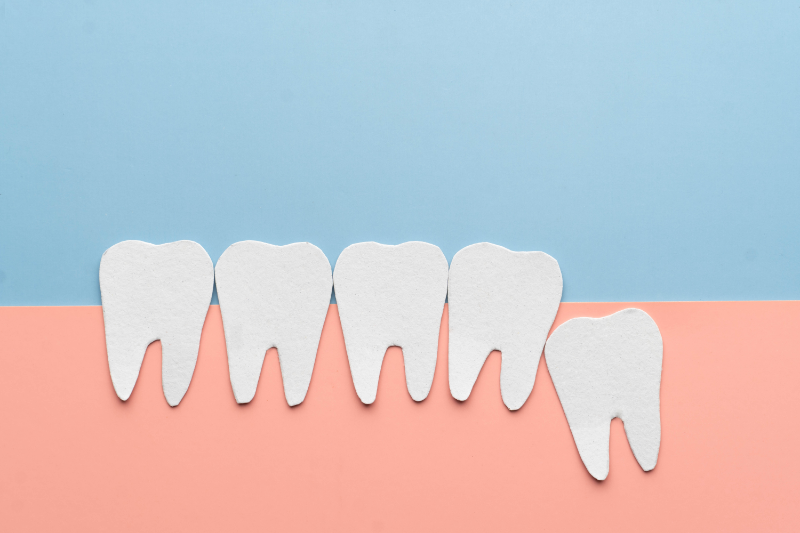
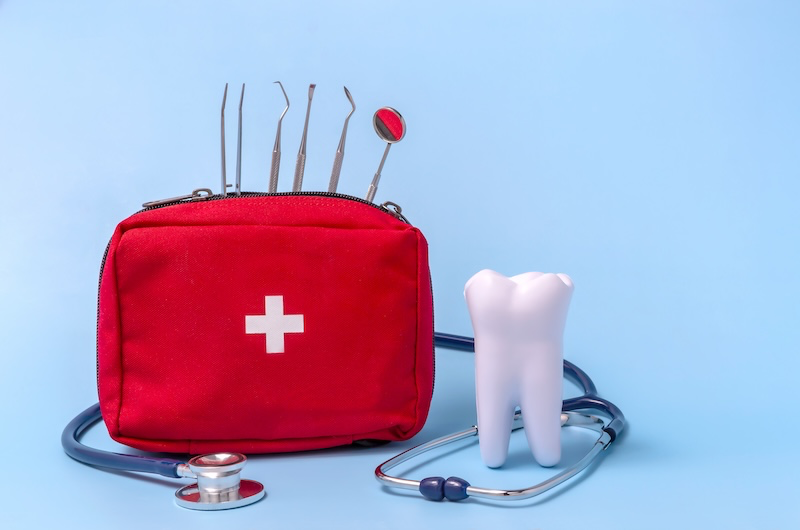

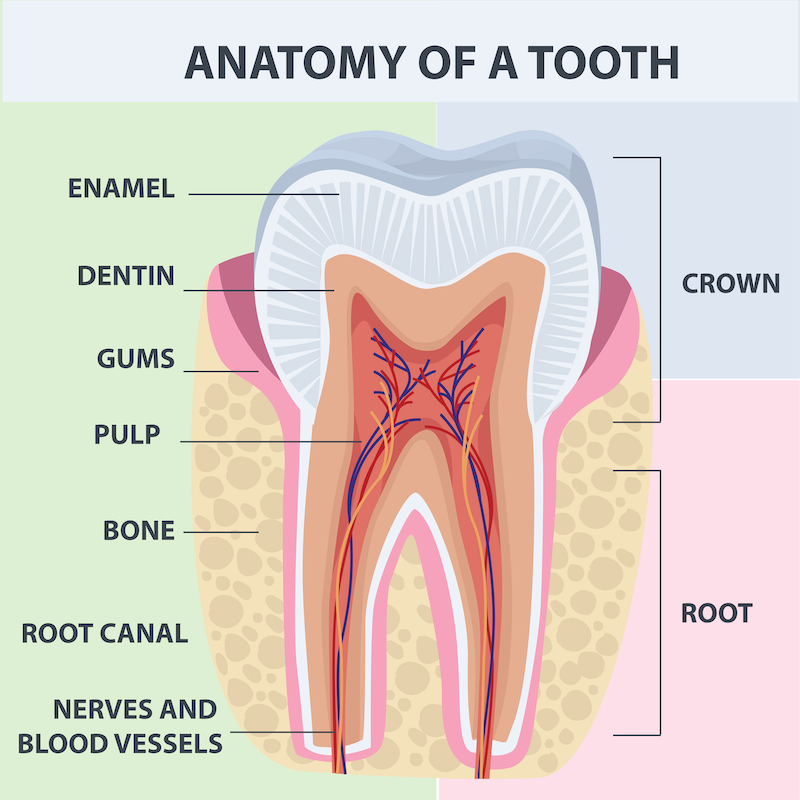

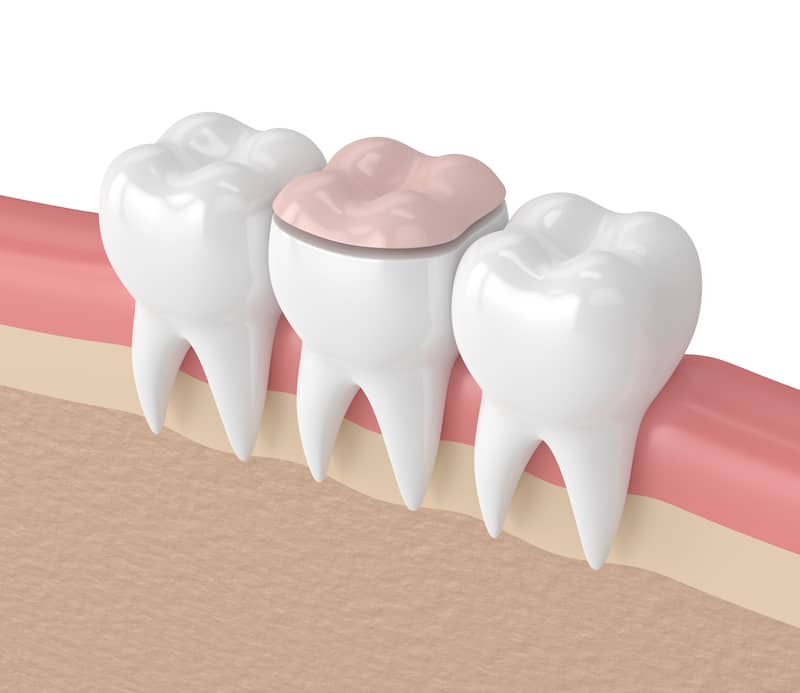
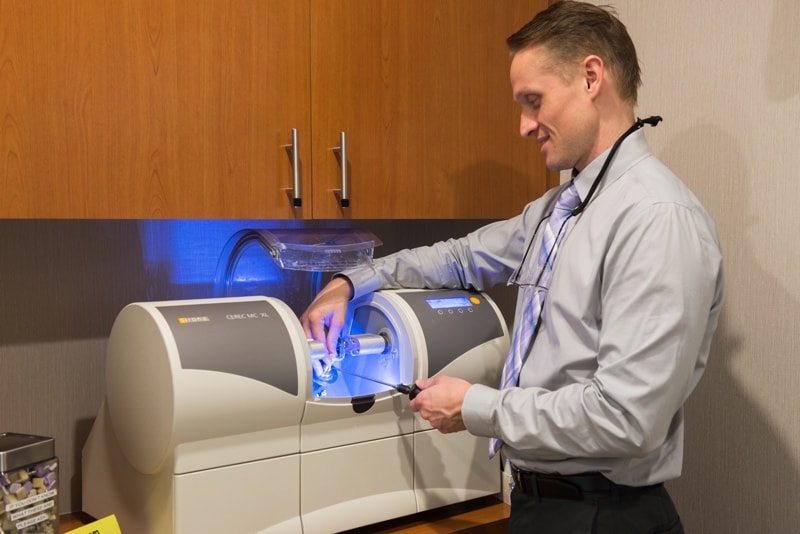
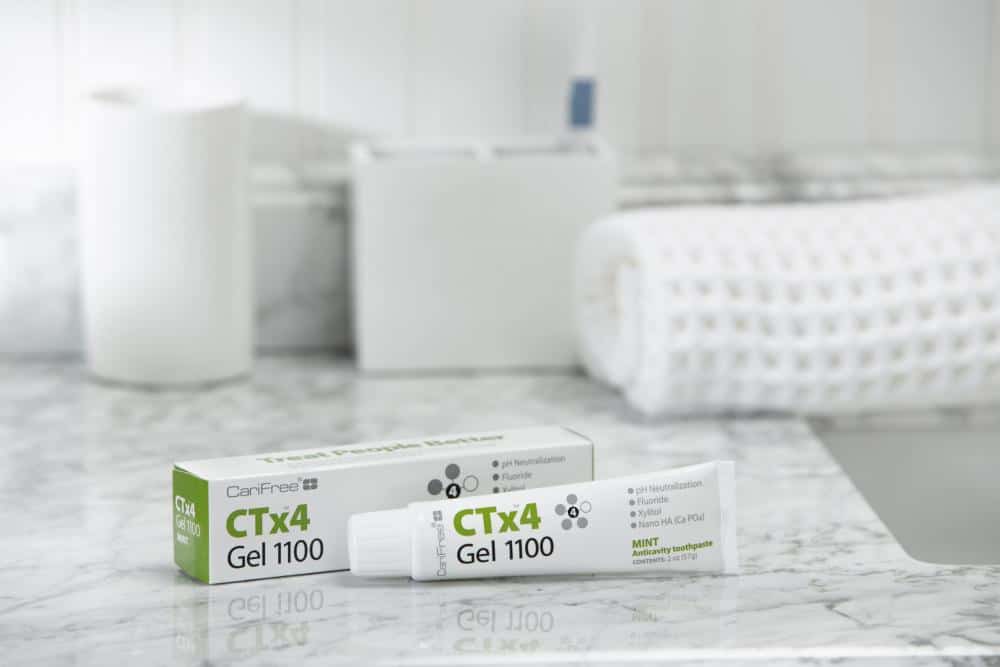
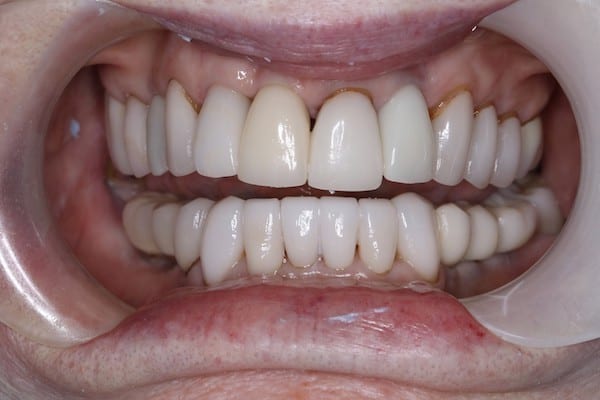
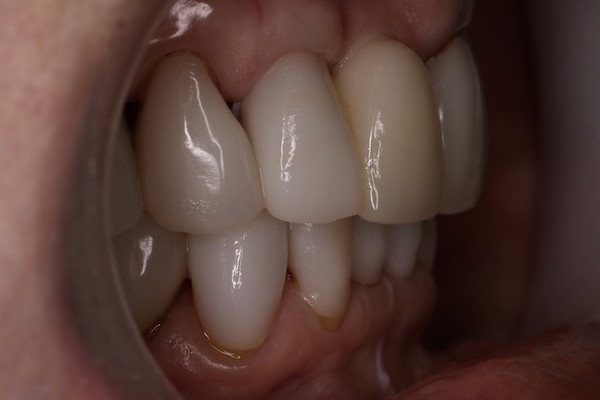
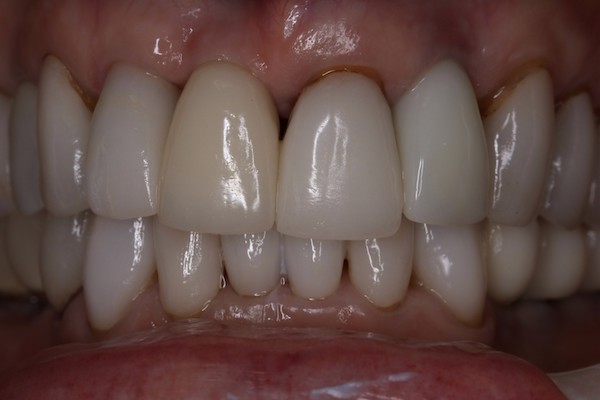
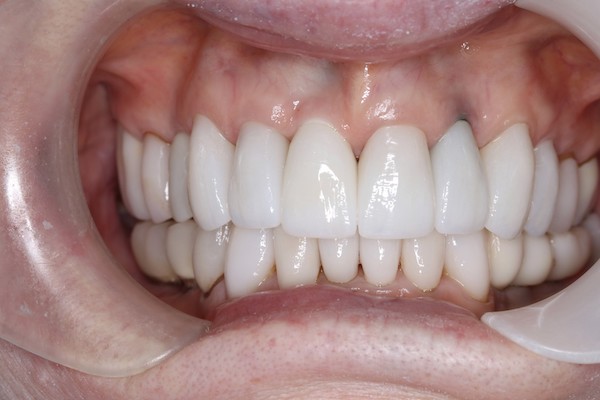
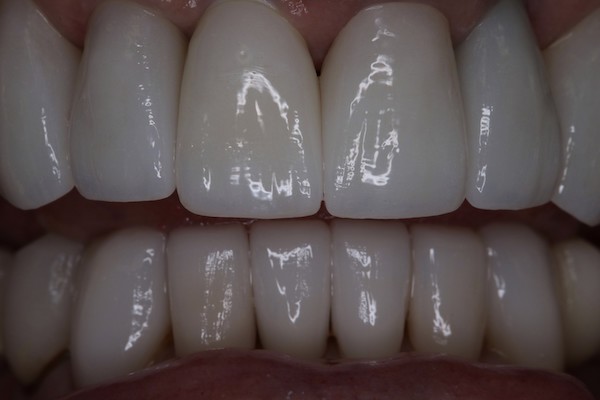
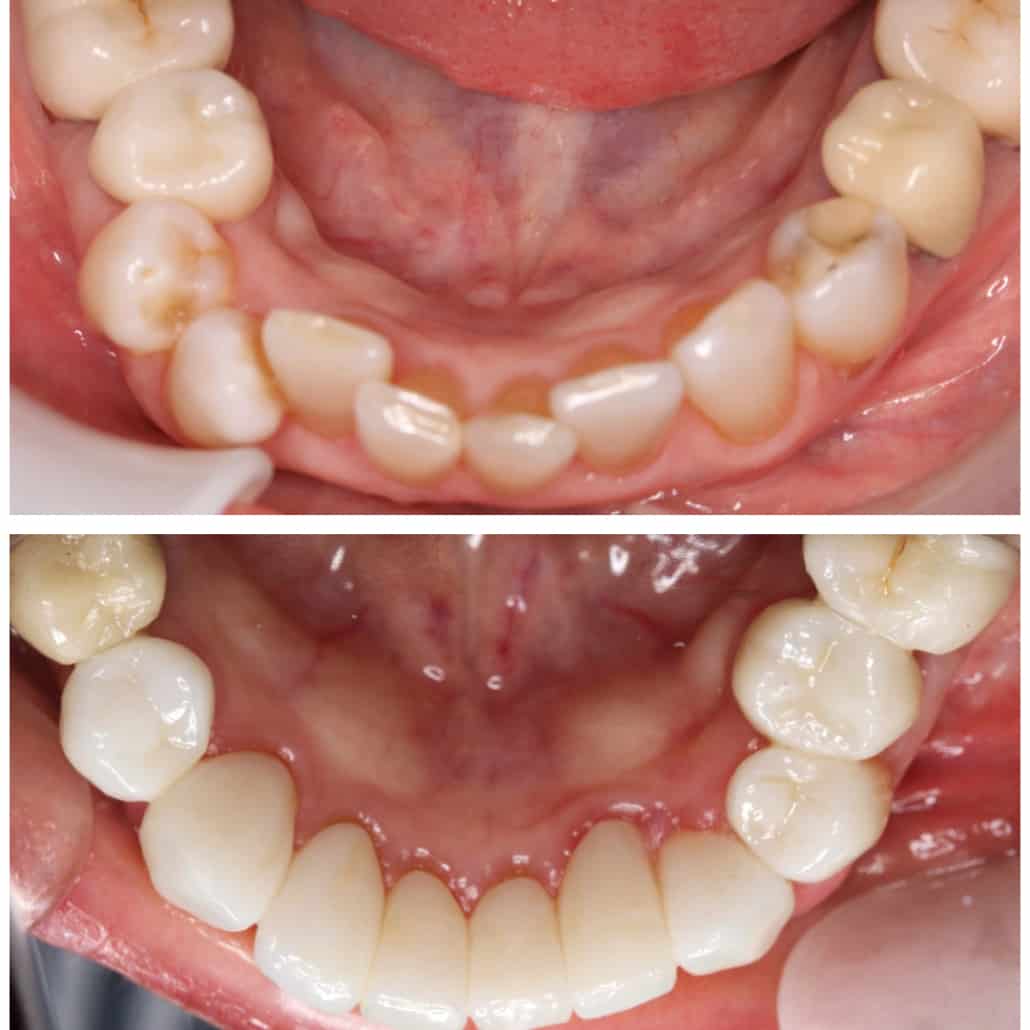
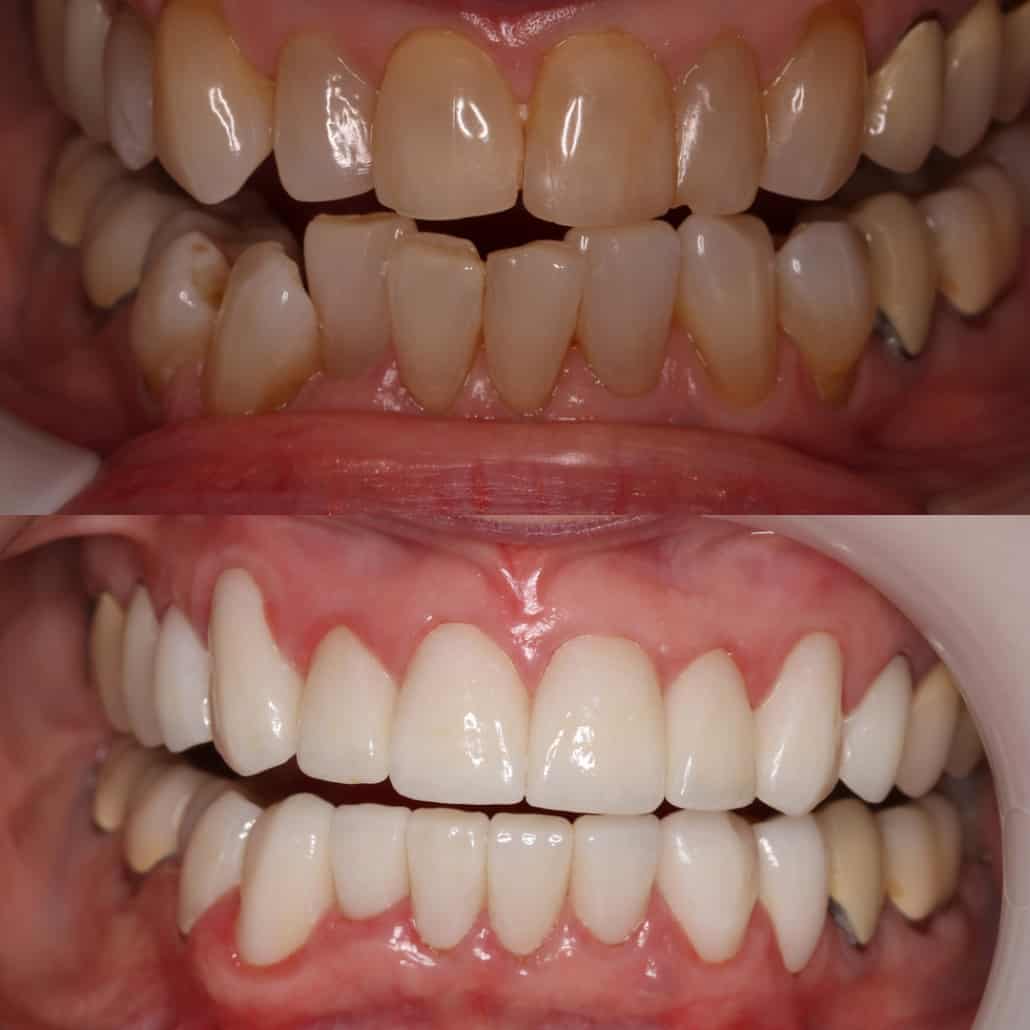
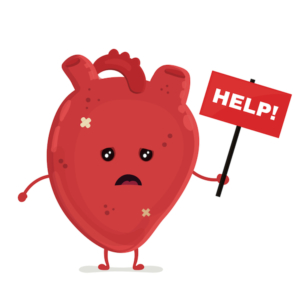 Did you know that your oral health can provide your dentist and doctors with warning signs for a range of diseases and conditions, including those in the heart? Recent studies show that if you have gum disease in moderate to advanced levels, you are at higher risk for heart disease than someone with healthy gums. Your oral health and heart disease are connected by the spread of bacteria along with other germs starting in your mouth and traveling to other parts of your body through the bloodstream. If the bacteria reaches the heart, it can attach to any damaged area causing inflammation and further issues.
Did you know that your oral health can provide your dentist and doctors with warning signs for a range of diseases and conditions, including those in the heart? Recent studies show that if you have gum disease in moderate to advanced levels, you are at higher risk for heart disease than someone with healthy gums. Your oral health and heart disease are connected by the spread of bacteria along with other germs starting in your mouth and traveling to other parts of your body through the bloodstream. If the bacteria reaches the heart, it can attach to any damaged area causing inflammation and further issues.
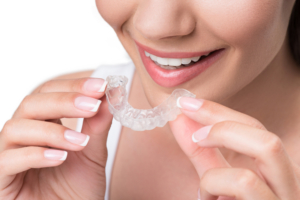 How to prevent grinding?
How to prevent grinding?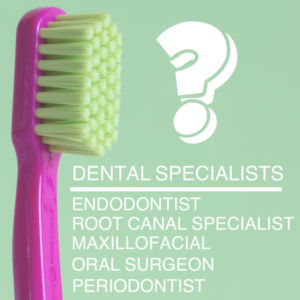 Here at Smile Sarasota, we are often asked by patients if they can have all their dental treatment done under one roof. We are, of course, happy to see our patients for general routine exams, cleanings, and restorative dental treatment such as fillings or crowns. However, sometimes our smiles need more than your general standard care. There are several types of dental specialists Smile Sarasota refers to, each with a different role to treat your specific dental needs.
Here at Smile Sarasota, we are often asked by patients if they can have all their dental treatment done under one roof. We are, of course, happy to see our patients for general routine exams, cleanings, and restorative dental treatment such as fillings or crowns. However, sometimes our smiles need more than your general standard care. There are several types of dental specialists Smile Sarasota refers to, each with a different role to treat your specific dental needs.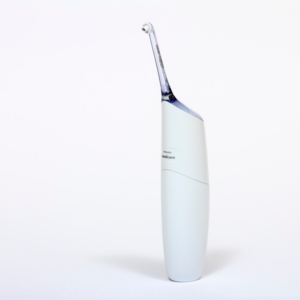

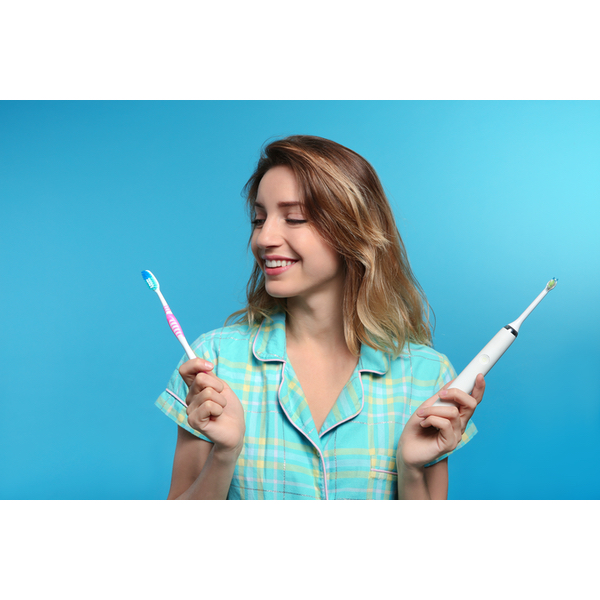 Brushing your teeth is the foundation for good oral care and prevention. Dental professionals agree that brushing your teeth for two minutes, twice a day is the most effective step you can take to get rid of bacteria that causes plaque. Plaque is a sticky film that adheres to your teeth. When plaque builds up and becomes hard, it turns into tartar which causes tooth decay as well as gum disease. However, with the invention of the electric powered toothbrush, many are having a hard time deciding what is best for the overall health of their teeth.
Brushing your teeth is the foundation for good oral care and prevention. Dental professionals agree that brushing your teeth for two minutes, twice a day is the most effective step you can take to get rid of bacteria that causes plaque. Plaque is a sticky film that adheres to your teeth. When plaque builds up and becomes hard, it turns into tartar which causes tooth decay as well as gum disease. However, with the invention of the electric powered toothbrush, many are having a hard time deciding what is best for the overall health of their teeth.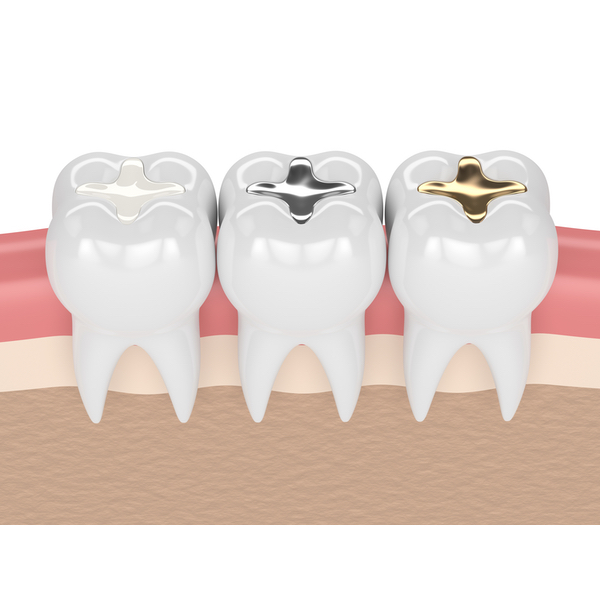
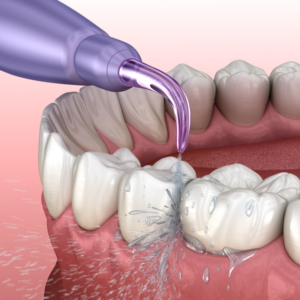
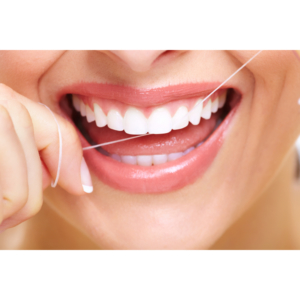
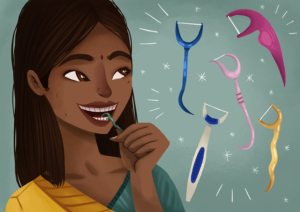
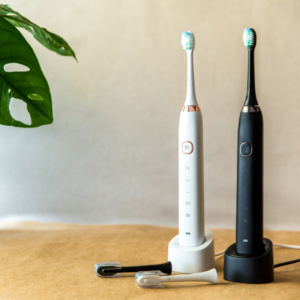 Smile Sarasota posted a popular Blog a few years ago about ultrasonic toothbrushes and we are glad so many of you have taken advantage of learning from our blog posts. As mentioned in that post, there are many types and makes of ultrasonic toothbrushes. Our favorite is the Phillips Sonicare, so let’s learn more about why we, and our patients, love the Sonicare, along with some recommendations about how to use it and some of the features.
Smile Sarasota posted a popular Blog a few years ago about ultrasonic toothbrushes and we are glad so many of you have taken advantage of learning from our blog posts. As mentioned in that post, there are many types and makes of ultrasonic toothbrushes. Our favorite is the Phillips Sonicare, so let’s learn more about why we, and our patients, love the Sonicare, along with some recommendations about how to use it and some of the features. If you are having major restorative dentistry at Smile Sarasota such as multiple crowns or are having
If you are having major restorative dentistry at Smile Sarasota such as multiple crowns or are having 
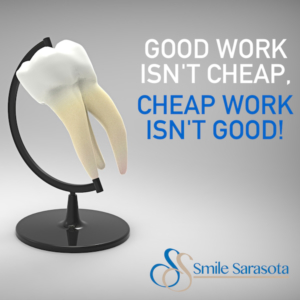 It’s no secret that dental care can be expensive and this results in many patients avoiding dental visits altogether. There is, however, a trend where individuals choose to leave their home country to travel abroad to have work done on their teeth for a cheaper cost. Certainly, no country has a monopoly on good medical care however, it’s important to realize that there are pros and cons to this kind of traveling. So what are the concerns?
It’s no secret that dental care can be expensive and this results in many patients avoiding dental visits altogether. There is, however, a trend where individuals choose to leave their home country to travel abroad to have work done on their teeth for a cheaper cost. Certainly, no country has a monopoly on good medical care however, it’s important to realize that there are pros and cons to this kind of traveling. So what are the concerns? Winter is just around the corner…even in Sarasota, Florida – the Sunshine State! Time to break out the sweaters, (maybe!) and set the clocks back for Daylight Saving Time ending on Sunday, November 5th. While the days get shorter, let’s prepare for the unwanted side effects to our health. Luckily, we found great ways to combat them:
Winter is just around the corner…even in Sarasota, Florida – the Sunshine State! Time to break out the sweaters, (maybe!) and set the clocks back for Daylight Saving Time ending on Sunday, November 5th. While the days get shorter, let’s prepare for the unwanted side effects to our health. Luckily, we found great ways to combat them: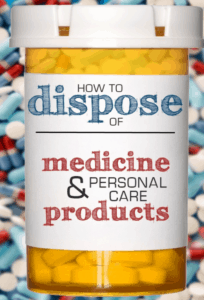 WHAT: National Prescription Drug Take Back Day
WHAT: National Prescription Drug Take Back Day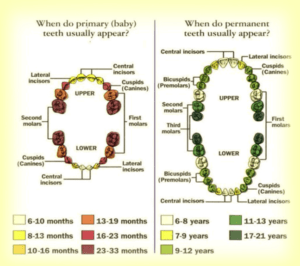 In order to properly care for your teeth, it’s essential to understand how your teeth grow, what problems they can develop, and what role they play as a key part of your body. This is Part 1 of a 3 part series…all about teeth!
In order to properly care for your teeth, it’s essential to understand how your teeth grow, what problems they can develop, and what role they play as a key part of your body. This is Part 1 of a 3 part series…all about teeth! At Smile Sarasota, we are dedicated to providing comprehensive and long-lasting treatment. Whether you are coming in for general care or a cosmetic dental treatment, following these oral hygiene tips from our experts will help you maintain a healthy smile:
At Smile Sarasota, we are dedicated to providing comprehensive and long-lasting treatment. Whether you are coming in for general care or a cosmetic dental treatment, following these oral hygiene tips from our experts will help you maintain a healthy smile: Did you know that if you’re eating well but not taking care of your teeth, it can lead to bad health across the board? So…which comes first: Your bad dental health or your bad overall health? Are bad health issues causing bad dental health, or is bad dental health causing bad health issues? It can be both!
Did you know that if you’re eating well but not taking care of your teeth, it can lead to bad health across the board? So…which comes first: Your bad dental health or your bad overall health? Are bad health issues causing bad dental health, or is bad dental health causing bad health issues? It can be both! Sadly, approximately 4 out of 10 of people will be diagnosed with some form of cancer during their lifetime. If you or a loved one are diagnosed with cancer, there are some things you should know about how cancer treatment can affect dental health and certain types of dental treatment. In this Blog, we will discuss chemotherapy.
Sadly, approximately 4 out of 10 of people will be diagnosed with some form of cancer during their lifetime. If you or a loved one are diagnosed with cancer, there are some things you should know about how cancer treatment can affect dental health and certain types of dental treatment. In this Blog, we will discuss chemotherapy. July 11th is “Eat a Red Apple Day”! You’ve probably heard that an apple a day keeps the doctor away. But did you know they are also good for your teeth? What about all those other foods that go CRUNCH? So…let’s discuss the best and worst crisp and crunchy foods for your teeth.
July 11th is “Eat a Red Apple Day”! You’ve probably heard that an apple a day keeps the doctor away. But did you know they are also good for your teeth? What about all those other foods that go CRUNCH? So…let’s discuss the best and worst crisp and crunchy foods for your teeth.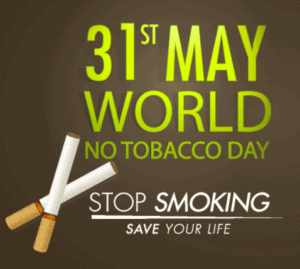 May 31st is WORLD “NO TOBACCO DAY”
May 31st is WORLD “NO TOBACCO DAY”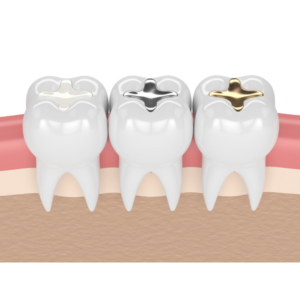
 There have been many times that patients new to Smile Sarasota were surprised when we asked them to extend their arms so we could take their blood pressure. Surprised looks were then followed with questions such as “Why is this necessary?” or “I’ve been going to the dentist at least every six months since I was a child and have never had my blood pressure taken in a dental office.”
There have been many times that patients new to Smile Sarasota were surprised when we asked them to extend their arms so we could take their blood pressure. Surprised looks were then followed with questions such as “Why is this necessary?” or “I’ve been going to the dentist at least every six months since I was a child and have never had my blood pressure taken in a dental office.”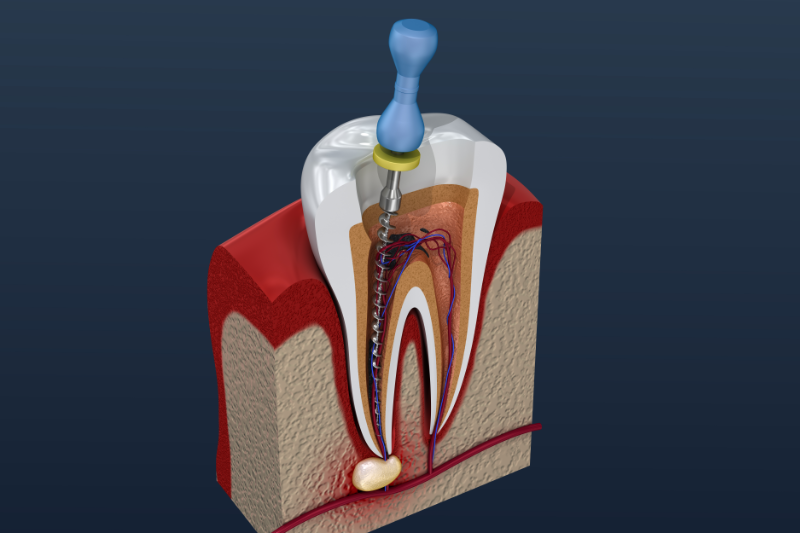
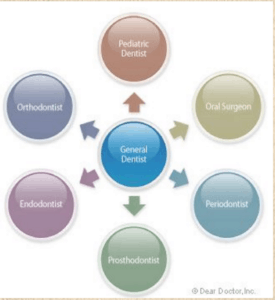 Smile Sarasota and Dr. Adam Still have always been there for you for your general dental needs such as teeth cleaning, crowns, cosmetic dentistry, etc., but is he always the best one to turn to? Would you know if you should be seeing a specialist? Don’t worry…Dr. Still will know!
Smile Sarasota and Dr. Adam Still have always been there for you for your general dental needs such as teeth cleaning, crowns, cosmetic dentistry, etc., but is he always the best one to turn to? Would you know if you should be seeing a specialist? Don’t worry…Dr. Still will know!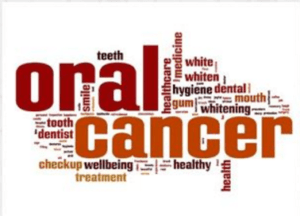 APRIL IS ORAL CANCER MONTH – But Dr. Still checks for it at every dental exam!
APRIL IS ORAL CANCER MONTH – But Dr. Still checks for it at every dental exam!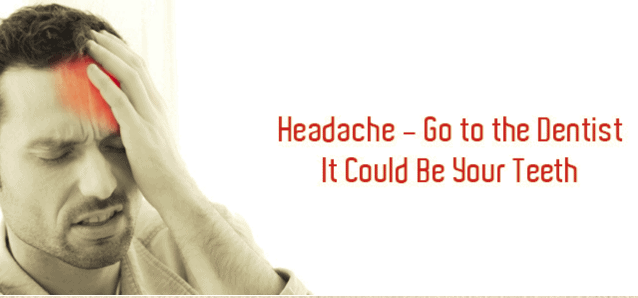 Many people suffer with headaches for years without getting to the root cause of their problem. Up to 1 in 4 people may have some symptoms. Both men and women are equally affected, although women tend to ask for treatment more often than men. If you find yourself constantly popping painkillers to get through the day, it might be worth a trip to see a medical professional – but it may not be the person you think. Did you know that in many cases, frequent, or even constant headache pain can be treated more effectively by your dentist, instead of by your GP? Headaches are strange beasts. Their cause is often elusive, and they can range from mildly irritating to unrelentingly painful. Since frequent headaches can interfere with your quality of life, if you experience pain that remains after treatment from a physician, you might wish to see your dentist. After all, you may be suffering from what is called a “dental headache.”
Many people suffer with headaches for years without getting to the root cause of their problem. Up to 1 in 4 people may have some symptoms. Both men and women are equally affected, although women tend to ask for treatment more often than men. If you find yourself constantly popping painkillers to get through the day, it might be worth a trip to see a medical professional – but it may not be the person you think. Did you know that in many cases, frequent, or even constant headache pain can be treated more effectively by your dentist, instead of by your GP? Headaches are strange beasts. Their cause is often elusive, and they can range from mildly irritating to unrelentingly painful. Since frequent headaches can interfere with your quality of life, if you experience pain that remains after treatment from a physician, you might wish to see your dentist. After all, you may be suffering from what is called a “dental headache.”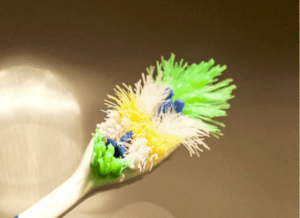 As you reach for your toothbrush each morning, you may not realize what’s hanging out on its bristles. Viruses and bacteria from an infected person’s mouth can live for weeks on a toothbrush surface, and continue to cause illness. So when is the last time you gave your toothbrush any serious thought? Sure, you use it every day (hopefully more than once), and you know that with a dollop of toothpaste it waxes up your pearly whites nicely, not to mention preventing bacteria, plaque, and inflammation.
As you reach for your toothbrush each morning, you may not realize what’s hanging out on its bristles. Viruses and bacteria from an infected person’s mouth can live for weeks on a toothbrush surface, and continue to cause illness. So when is the last time you gave your toothbrush any serious thought? Sure, you use it every day (hopefully more than once), and you know that with a dollop of toothpaste it waxes up your pearly whites nicely, not to mention preventing bacteria, plaque, and inflammation.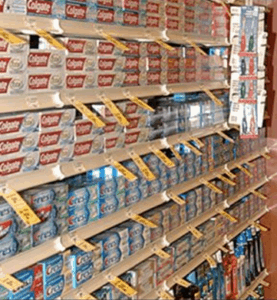 Choosing the right toothpaste can be a bit of a challenging task, especially if you’re unsure of what to look for. When strolling down the aisles of your local pharmacy or grocery store, you’ll be overwhelmed with the enormous variety of toothpaste options available. From whitening to anti-cavity to tartar control and everything in between, it all probably sounds great. But which type of toothpaste is right for you? The fact of the matter is this: Everyone’s teeth are different and thus require varying forms of dental care. Rather than making a blind guess as to which toothpaste is the best for you, Smile Sarasota is here to help you find the right toothpaste for your unique needs to ensure your mouth stays as healthy as possible.
Choosing the right toothpaste can be a bit of a challenging task, especially if you’re unsure of what to look for. When strolling down the aisles of your local pharmacy or grocery store, you’ll be overwhelmed with the enormous variety of toothpaste options available. From whitening to anti-cavity to tartar control and everything in between, it all probably sounds great. But which type of toothpaste is right for you? The fact of the matter is this: Everyone’s teeth are different and thus require varying forms of dental care. Rather than making a blind guess as to which toothpaste is the best for you, Smile Sarasota is here to help you find the right toothpaste for your unique needs to ensure your mouth stays as healthy as possible.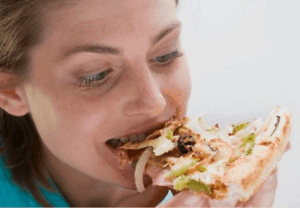 It’s happened to the best of us at one time or another: We know that we should probably wait for that hot pizza to cool down before taking a bite but you’re hungry and it smells so good. You take out that first piece, dripping with cheese, take a big bit and…yow! The result is searing pain from a burned tongue, a burned mouth, and sometimes even burned gums. Now you have ‘pizza palate’. Other hot foods and liquids also can burn the roof (palate) of your mouth. These types of burns have come to be called “pizza palate” because they are most commonly caused by pizza.
It’s happened to the best of us at one time or another: We know that we should probably wait for that hot pizza to cool down before taking a bite but you’re hungry and it smells so good. You take out that first piece, dripping with cheese, take a big bit and…yow! The result is searing pain from a burned tongue, a burned mouth, and sometimes even burned gums. Now you have ‘pizza palate’. Other hot foods and liquids also can burn the roof (palate) of your mouth. These types of burns have come to be called “pizza palate” because they are most commonly caused by pizza.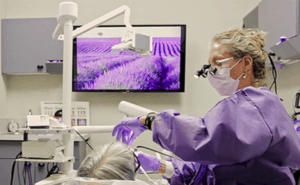
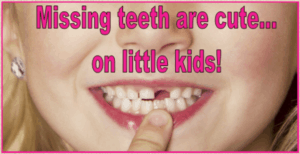 Most people do not realize how not replacing a missing tooth can impact their life; they figure they will just take the cheap option of extraction and be done with it. Depending on your age, career path, and relationship status, the lifetime costs of a missing tooth can really add up if you’re not confident to smile, eat, or speak in front of other people. According to the American College of Prosthodontics, 178 million people in the United States are missing at least one tooth and more than 35 million people don’t have any teeth, at all. Tooth loss occurs due to a number of issues, including wear, cancer, injury, and gum disease. However, regardless of the reason you may have a missing tooth, the impact on your life is often significant, but do you know the cost of not replacing a missing tooth? In addition to the common concern about missing teeth making you appear older, there are other real issues and dangers present if you don’t replace missing teeth. Learning more about the long-term costs and risks of not replacing a missing tooth can help you understand why tooth replacement options are so important.
Most people do not realize how not replacing a missing tooth can impact their life; they figure they will just take the cheap option of extraction and be done with it. Depending on your age, career path, and relationship status, the lifetime costs of a missing tooth can really add up if you’re not confident to smile, eat, or speak in front of other people. According to the American College of Prosthodontics, 178 million people in the United States are missing at least one tooth and more than 35 million people don’t have any teeth, at all. Tooth loss occurs due to a number of issues, including wear, cancer, injury, and gum disease. However, regardless of the reason you may have a missing tooth, the impact on your life is often significant, but do you know the cost of not replacing a missing tooth? In addition to the common concern about missing teeth making you appear older, there are other real issues and dangers present if you don’t replace missing teeth. Learning more about the long-term costs and risks of not replacing a missing tooth can help you understand why tooth replacement options are so important. We are all aware of the infamous, “Got Milk?” campaign, but have you ever really wondered why the big push to drink milk? Most of us grew up having milk with meals, but for some reason many people stop drinking milk as adults and this is just wrong, especially from a dental health standpoint! Calcium is a key component for building strong bones, as you probably know, and milk products are loaded with it. In fact, just 1 cup of milk provides almost 300 milligrams of calcium. But that’s not all; dairy products keep your teeth as healthy as your bones throughout your life. So, is milk good for your teeth? The answer is a resounding yes, and here’s why.
We are all aware of the infamous, “Got Milk?” campaign, but have you ever really wondered why the big push to drink milk? Most of us grew up having milk with meals, but for some reason many people stop drinking milk as adults and this is just wrong, especially from a dental health standpoint! Calcium is a key component for building strong bones, as you probably know, and milk products are loaded with it. In fact, just 1 cup of milk provides almost 300 milligrams of calcium. But that’s not all; dairy products keep your teeth as healthy as your bones throughout your life. So, is milk good for your teeth? The answer is a resounding yes, and here’s why.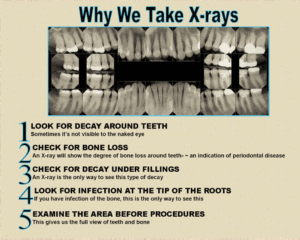 A couple of years ago, we published a
A couple of years ago, we published a 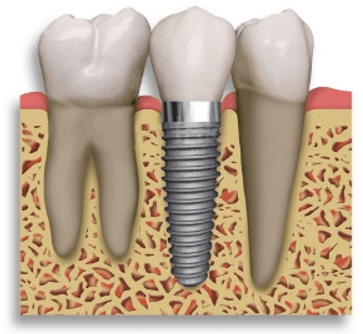 At Smile Sarasota, we utilize the most advanced dental technology and procedures in the industry to ensure that you and your family receive the quality dental care that you deserve. As a part of our comprehensive general and cosmetic dental services, we proudly offer dental implants to the families of Downtown Sarasota, The Rosemary District, St. Armand’s Circle, Longboat Key, and the surrounding areas.
At Smile Sarasota, we utilize the most advanced dental technology and procedures in the industry to ensure that you and your family receive the quality dental care that you deserve. As a part of our comprehensive general and cosmetic dental services, we proudly offer dental implants to the families of Downtown Sarasota, The Rosemary District, St. Armand’s Circle, Longboat Key, and the surrounding areas.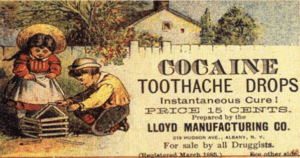 No matter how conscientious you are about your oral care routine, at some point in your life you will probably experience the discomfort of a toothache. Though a cavity is the most likely culprit, it is only one of several possible causes of toothaches. And treatment has come a long way since ‘Cocaine Toothache Drops’!
No matter how conscientious you are about your oral care routine, at some point in your life you will probably experience the discomfort of a toothache. Though a cavity is the most likely culprit, it is only one of several possible causes of toothaches. And treatment has come a long way since ‘Cocaine Toothache Drops’!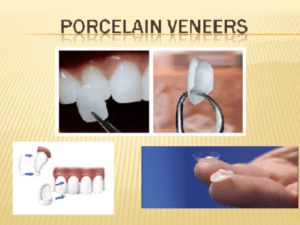 Veneers, sometimes called porcelain veneers, are custom-made thin, semi-translucent “shells” bonded to your teeth. Veneers are customized from porcelain material and permanently bonded to your teeth. Veneers are a great alternative to otherwise more invasive dental procedures to improve the appearance of your smile.
Veneers, sometimes called porcelain veneers, are custom-made thin, semi-translucent “shells” bonded to your teeth. Veneers are customized from porcelain material and permanently bonded to your teeth. Veneers are a great alternative to otherwise more invasive dental procedures to improve the appearance of your smile.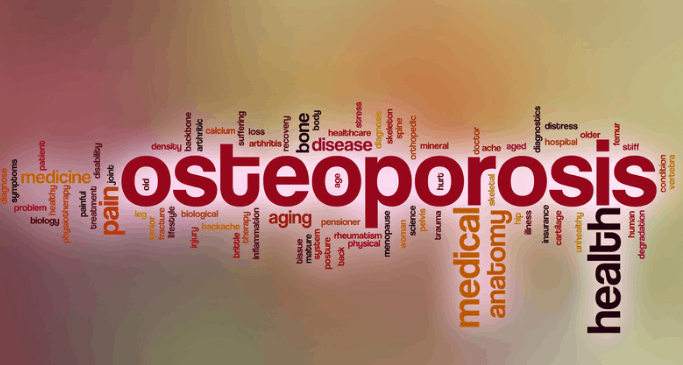 Once per year, Smile Sarasota requests that you update your health history with our office. Not everyone is happy about having to do this yearly but there are very good reasons to do so!
Once per year, Smile Sarasota requests that you update your health history with our office. Not everyone is happy about having to do this yearly but there are very good reasons to do so!  It’s that time of the year to say ‘WELCOME BACK’! Like many dental offices in Sarasota, Florida, Smile Sarasota sees our share of “Seasonals” or “Snowbirds” – patients who come down from up north to spend the winter here in Sarasota. They’re usually with us from November until May. Many of them have been patients of ours for many years and they are used to our office ‘sharing’ them with their northern dentist. This is obviously the best scenario – it means they continue regular, good care year-round between the two practices.
It’s that time of the year to say ‘WELCOME BACK’! Like many dental offices in Sarasota, Florida, Smile Sarasota sees our share of “Seasonals” or “Snowbirds” – patients who come down from up north to spend the winter here in Sarasota. They’re usually with us from November until May. Many of them have been patients of ours for many years and they are used to our office ‘sharing’ them with their northern dentist. This is obviously the best scenario – it means they continue regular, good care year-round between the two practices. Do you dread going to the dentist because you gag easily? Please know that you are not alone and we understand! For patients with a strong, involuntary gag reflex, nearly everything about dentistry is more challenging. From taking x-rays, to restorative work like fillings and crowns, to having their teeth cleaned, a strong gag reflex can present a significant obstacle to both patient and dentist in the office. Even the normally straightforward task of brushing their teeth at home can be difficult.
Do you dread going to the dentist because you gag easily? Please know that you are not alone and we understand! For patients with a strong, involuntary gag reflex, nearly everything about dentistry is more challenging. From taking x-rays, to restorative work like fillings and crowns, to having their teeth cleaned, a strong gag reflex can present a significant obstacle to both patient and dentist in the office. Even the normally straightforward task of brushing their teeth at home can be difficult. Needless to say, as a healthcare provider,
Needless to say, as a healthcare provider,  September 21st is Heart Day and is part of an international campaign to spread awareness about heart disease and stroke prevention. This is the perfect day to quit smoking, get exercising and start eating healthy – all in the name of keeping your ticker in good working order, and improving the health and well being of people the world over.
September 21st is Heart Day and is part of an international campaign to spread awareness about heart disease and stroke prevention. This is the perfect day to quit smoking, get exercising and start eating healthy – all in the name of keeping your ticker in good working order, and improving the health and well being of people the world over.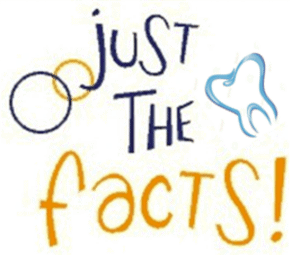
 Do you love your teeth? We mean, really love them. As in appreciate all that they do for you. As in being grateful that you have them, no matter how much trouble they may be giving you at the moment.
Do you love your teeth? We mean, really love them. As in appreciate all that they do for you. As in being grateful that you have them, no matter how much trouble they may be giving you at the moment.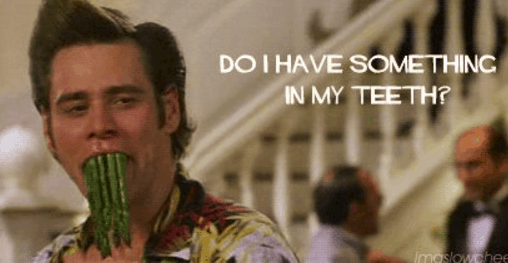 SHOULD YOU FLOSS?? Smile Sarasota is very aware of the recent article published that discussed the recommendations regarding flossing, as well as the commentary in the
SHOULD YOU FLOSS?? Smile Sarasota is very aware of the recent article published that discussed the recommendations regarding flossing, as well as the commentary in the 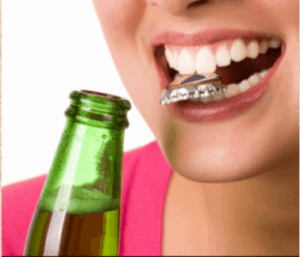 Smile Sarasota is always nagging you about brushing, flossing, and regular dental checkups because they are vital to good oral health. Moreover, it’s important to care for your teeth properly. But sometimes we just do bad things just out of habit. Here are several bad habits that Dr. Still wants you to avoid that can lead to tooth damage and loss:
Smile Sarasota is always nagging you about brushing, flossing, and regular dental checkups because they are vital to good oral health. Moreover, it’s important to care for your teeth properly. But sometimes we just do bad things just out of habit. Here are several bad habits that Dr. Still wants you to avoid that can lead to tooth damage and loss: NEED- something you must have
NEED- something you must have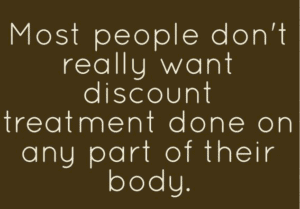 You have probably seen the advertisements for ‘Same-Day Dentures’ at a very low cost. This can be confusing because patients think a dentist can literally extract teeth and deliver the denture the same day. While there are a few clinic settings where this is done, we do not recommend it. The more proper terminology is ‘Immediate Dentures’. And even the word ‘immediate’ is confusing because in reality, it takes a number of appointments and several months before you actually have the final denture. It is better to look at it as a ‘temporary denture’ that is placed immediately following extractions to aid in healing and aesthetics while you wait for the final dentures.
You have probably seen the advertisements for ‘Same-Day Dentures’ at a very low cost. This can be confusing because patients think a dentist can literally extract teeth and deliver the denture the same day. While there are a few clinic settings where this is done, we do not recommend it. The more proper terminology is ‘Immediate Dentures’. And even the word ‘immediate’ is confusing because in reality, it takes a number of appointments and several months before you actually have the final denture. It is better to look at it as a ‘temporary denture’ that is placed immediately following extractions to aid in healing and aesthetics while you wait for the final dentures. Welcome to the sizzling dog days of Florida summer! Smile Sarasota is all about health – yours, your pets and that of our fragile environment. Here are some easy tips to both stay cool and save on electric bills!
Welcome to the sizzling dog days of Florida summer! Smile Sarasota is all about health – yours, your pets and that of our fragile environment. Here are some easy tips to both stay cool and save on electric bills!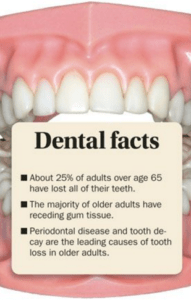
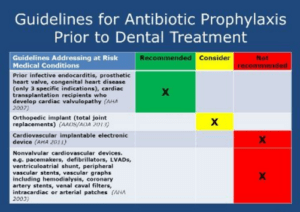
 If you fear going to the dentist, you are not alone. Between 9% and 20% of Americans avoid going to the dentist because of anxiety or fear. Indeed, it is a universal phenomenon.
If you fear going to the dentist, you are not alone. Between 9% and 20% of Americans avoid going to the dentist because of anxiety or fear. Indeed, it is a universal phenomenon.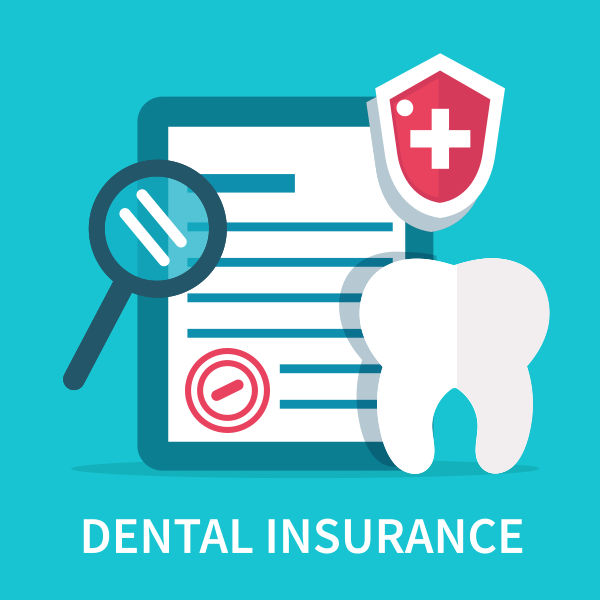
 Early this year, we published a blog about
Early this year, we published a blog about 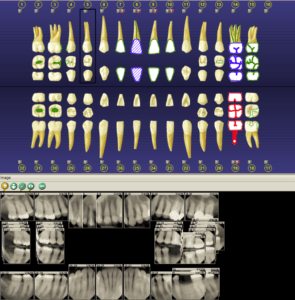 If you are new to our practice, you may be curious about what is involved with a New Patient Comprehensive Exam. This one hour exam is only done the very first time we see you as a patient in our practice. Thereafter, Dr. Still will do a shorter concise periodic exam at least two times per year following your teeth cleanings with our hygienists. The Comprehensive Exam must be done prior to your FIRST teeth cleaning and for more on that topic, read our previous Blog,
If you are new to our practice, you may be curious about what is involved with a New Patient Comprehensive Exam. This one hour exam is only done the very first time we see you as a patient in our practice. Thereafter, Dr. Still will do a shorter concise periodic exam at least two times per year following your teeth cleanings with our hygienists. The Comprehensive Exam must be done prior to your FIRST teeth cleaning and for more on that topic, read our previous Blog,  We seem to carry bottled water everywhere we go these days. In fact, it has become the second most popular drink behind soft drinks. Why should you drink more water? It’s simple! Just look at some of the benefits:
We seem to carry bottled water everywhere we go these days. In fact, it has become the second most popular drink behind soft drinks. Why should you drink more water? It’s simple! Just look at some of the benefits: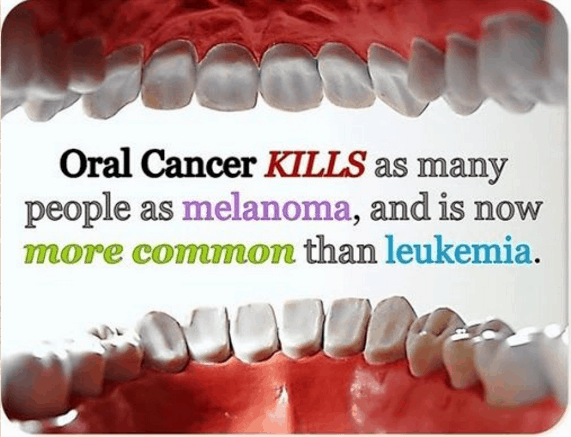 APRIL IS ORAL CANCER MONTH
APRIL IS ORAL CANCER MONTH 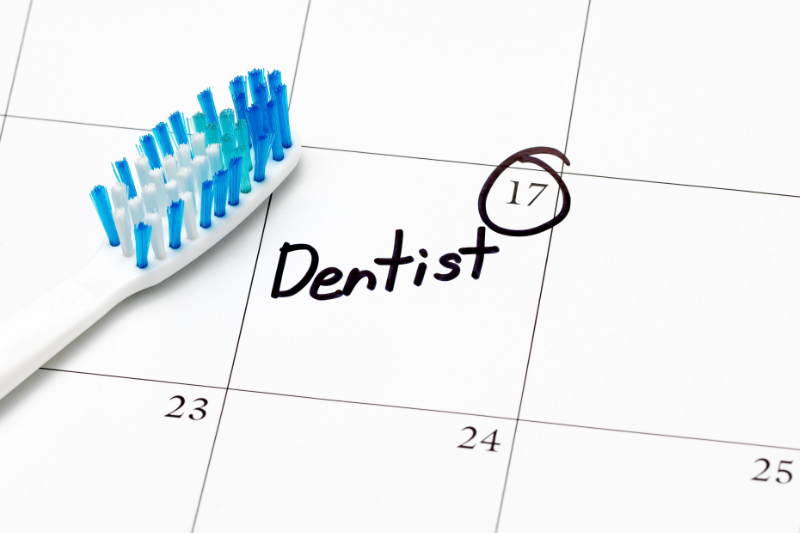
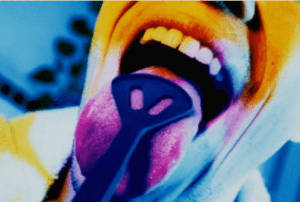 Have you ever heard of a tongue scraper? A tongue scraper (also called a tongue cleaner or tongue brush) is an oral hygiene device designed to clean off bacteria, food debris, fungi, and dead cells from the surface of your tongue. The film that develops on your tongue while you sleep is a good indicator of what’s going on inside your body. It can be clear, thick, white, yellow, brown, or even green. The bacteria and fungi on the tongue are related to many common oral care and general health problems and can be a leading cause of bad breath for many.
Have you ever heard of a tongue scraper? A tongue scraper (also called a tongue cleaner or tongue brush) is an oral hygiene device designed to clean off bacteria, food debris, fungi, and dead cells from the surface of your tongue. The film that develops on your tongue while you sleep is a good indicator of what’s going on inside your body. It can be clear, thick, white, yellow, brown, or even green. The bacteria and fungi on the tongue are related to many common oral care and general health problems and can be a leading cause of bad breath for many. Are you missing a tooth? This can be embarrassing, especially if it’s in or near the front of your mouth. A missing tooth can also affect your biting and chewing ability. We can help!! Consider a dental implant.
Are you missing a tooth? This can be embarrassing, especially if it’s in or near the front of your mouth. A missing tooth can also affect your biting and chewing ability. We can help!! Consider a dental implant.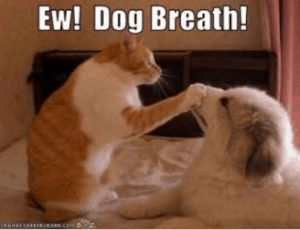 fresh and clean.
fresh and clean.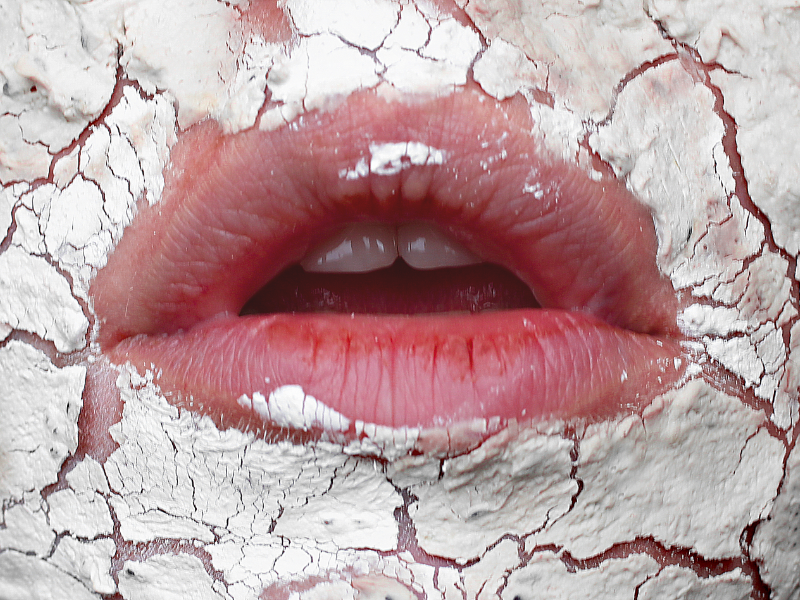
 Why do we ask you to do yearly health history updates?
Why do we ask you to do yearly health history updates?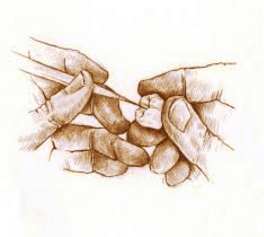 After obtaining your dream smile at Smile Sarasota, much of the credit can easily be given—and rightfully so—to Dr. Still, who prepares your tooth and then places your crown. What most people may not realize is that behind the scenes is an equally talented artisan who created your crown. Good dental porcelain in the hands of a skilled dental laboratory technician can make for spectacular tooth imitations by mimicking tooth enamel perfectly. This is one of the reasons why long-lasting, great looking crowns and veneers are worth every penny. They require the expertise of a team to produce your desired results.
After obtaining your dream smile at Smile Sarasota, much of the credit can easily be given—and rightfully so—to Dr. Still, who prepares your tooth and then places your crown. What most people may not realize is that behind the scenes is an equally talented artisan who created your crown. Good dental porcelain in the hands of a skilled dental laboratory technician can make for spectacular tooth imitations by mimicking tooth enamel perfectly. This is one of the reasons why long-lasting, great looking crowns and veneers are worth every penny. They require the expertise of a team to produce your desired results.
 There are five basic tastes that can be perceived by the human tongue. These are bitterness, sourness, saltiness, sweetness and savoriness. Bitter is the most sensitive among these tastes and is detected by the taste buds at the back of tongue and in the throat. Sour on the other hand is indicative of acidity and helps in its perception. The taste buds along the side of the tongue perceive sourness. Saltiness is also recognized by these buds. Check out the video linked below…apparently, this dog’s entire tongue is wary of the sourness of lemons!
There are five basic tastes that can be perceived by the human tongue. These are bitterness, sourness, saltiness, sweetness and savoriness. Bitter is the most sensitive among these tastes and is detected by the taste buds at the back of tongue and in the throat. Sour on the other hand is indicative of acidity and helps in its perception. The taste buds along the side of the tongue perceive sourness. Saltiness is also recognized by these buds. Check out the video linked below…apparently, this dog’s entire tongue is wary of the sourness of lemons! 5 Reasons to have a Really Good Belly Laugh!
5 Reasons to have a Really Good Belly Laugh!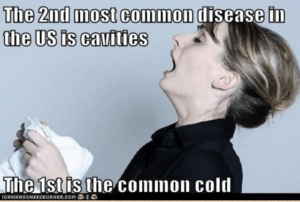 It’s that time of the year again…everyone seems to be sneezing and coughing. Did you know that tooth decay is a common disorder, second only to the common cold? Tooth decay is a common cause of pain and tooth loss. Bacteria are normally found in your mouth. These bacteria change foods — especially sugar and starch — into acids. Bacteria, acid, food pieces, and saliva combine in the mouth to form a sticky substance called plaque which adheres to the teeth. It is most common on the back molars, just above the gum line on all teeth, and at the edges of fillings. Plaque that is not removed from the teeth turns into a substance called tartar or calculus. Plaque begins to build up on teeth within 20 minutes after eating. If it is not removed, tooth decay will begin.
It’s that time of the year again…everyone seems to be sneezing and coughing. Did you know that tooth decay is a common disorder, second only to the common cold? Tooth decay is a common cause of pain and tooth loss. Bacteria are normally found in your mouth. These bacteria change foods — especially sugar and starch — into acids. Bacteria, acid, food pieces, and saliva combine in the mouth to form a sticky substance called plaque which adheres to the teeth. It is most common on the back molars, just above the gum line on all teeth, and at the edges of fillings. Plaque that is not removed from the teeth turns into a substance called tartar or calculus. Plaque begins to build up on teeth within 20 minutes after eating. If it is not removed, tooth decay will begin.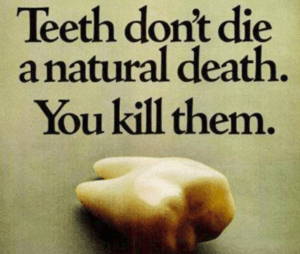 You may think that as you get older, you’ll lose some of your teeth. You probably know older people who have bridges, dentures or implants to replace missing teeth. It may seem obvious that tooth loss is just another part of aging. It isn’t…neglect is usually the cause of lost teeth.
You may think that as you get older, you’ll lose some of your teeth. You probably know older people who have bridges, dentures or implants to replace missing teeth. It may seem obvious that tooth loss is just another part of aging. It isn’t…neglect is usually the cause of lost teeth.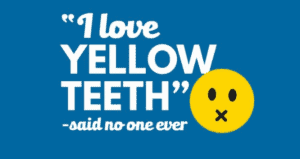 Millions of people suffer from tooth discoloration to varying degrees. Even those who brush, floss, and visit the dentist regularly may find that food, environmental factors, and the passage of time will eventually take their toll on the natural radiance of their teeth. Fortunately, professional teeth whitening is an incredibly effective way to lighten or altogether eliminate stains and achieve a naturally white smile. There are many teeth whitening systems and products including whitening toothpastes, over-the-counter gels, rinses, strips, trays, and whitening products obtained from a dentist.
Millions of people suffer from tooth discoloration to varying degrees. Even those who brush, floss, and visit the dentist regularly may find that food, environmental factors, and the passage of time will eventually take their toll on the natural radiance of their teeth. Fortunately, professional teeth whitening is an incredibly effective way to lighten or altogether eliminate stains and achieve a naturally white smile. There are many teeth whitening systems and products including whitening toothpastes, over-the-counter gels, rinses, strips, trays, and whitening products obtained from a dentist.
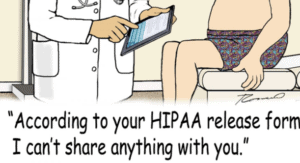 The Health Insurance Portability and Accountability Act of 1996 (HIPAA) is the law enacted to protect your privacy, allow access to your dental records and designate who can speak on your behalf and to whom we may speak to regarding your dental care. This law was written for the consumer, not the provider.
The Health Insurance Portability and Accountability Act of 1996 (HIPAA) is the law enacted to protect your privacy, allow access to your dental records and designate who can speak on your behalf and to whom we may speak to regarding your dental care. This law was written for the consumer, not the provider.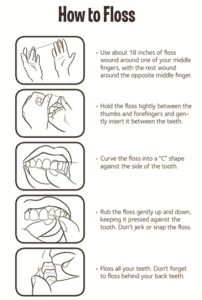
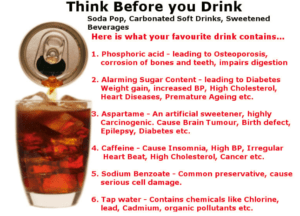
 We are seeing an unfortunate trend in today’s dentistry. We are a consumer driven society conditioned to “shop around” for the best deal.
We are seeing an unfortunate trend in today’s dentistry. We are a consumer driven society conditioned to “shop around” for the best deal. Should You Get a Second Opinion?
Should You Get a Second Opinion?
 Our office welcomes new and existing patients with dental emergencies. Please contact Smile Sarasota at 941-957-3311 to arrange an appointment with Dr. Still. Listed below are some common problems and initial recommendations. Always seek professional help and call Dr. Still for definitive diagnosis and treatment.
Our office welcomes new and existing patients with dental emergencies. Please contact Smile Sarasota at 941-957-3311 to arrange an appointment with Dr. Still. Listed below are some common problems and initial recommendations. Always seek professional help and call Dr. Still for definitive diagnosis and treatment.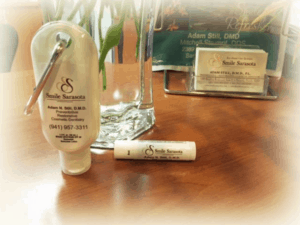 IT’S SUMMER…and there are many good reasons to use sunscreen on your skin and lips. The BEST reason is that you can stop by our Smile Sarasota office and we will give it to you! FREE! YES! Free sunscreen lotion and lip balm, so come on down and get yours! So…What are some of the reasons everyone should wear sunscreen?
IT’S SUMMER…and there are many good reasons to use sunscreen on your skin and lips. The BEST reason is that you can stop by our Smile Sarasota office and we will give it to you! FREE! YES! Free sunscreen lotion and lip balm, so come on down and get yours! So…What are some of the reasons everyone should wear sunscreen?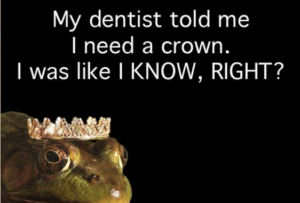 There is no difference whatsoever between dental caps and crowns. At Smile Sarasota, Dr. Still does both laboratory crowns and
There is no difference whatsoever between dental caps and crowns. At Smile Sarasota, Dr. Still does both laboratory crowns and 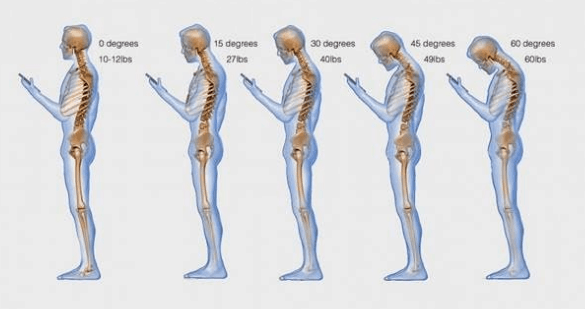 The human head weighs about twelve pounds. But as the neck bends forward and down, the weight on the cervical spine begins to increase. At a 15-degree angle, this weight is about 27 pounds, at 30 degrees it’s 40 pounds, at 45 degrees it’s 49 pounds, and at 60 degrees it’s 60 pounds. That’s the burden that comes with staring at a smartphone — the way millions do for hours every day. Over time, researchers say, this poor posture, sometimes called “text neck,” can lead to early wear-and-tear on the spine, degeneration and even surgery.
The human head weighs about twelve pounds. But as the neck bends forward and down, the weight on the cervical spine begins to increase. At a 15-degree angle, this weight is about 27 pounds, at 30 degrees it’s 40 pounds, at 45 degrees it’s 49 pounds, and at 60 degrees it’s 60 pounds. That’s the burden that comes with staring at a smartphone — the way millions do for hours every day. Over time, researchers say, this poor posture, sometimes called “text neck,” can lead to early wear-and-tear on the spine, degeneration and even surgery.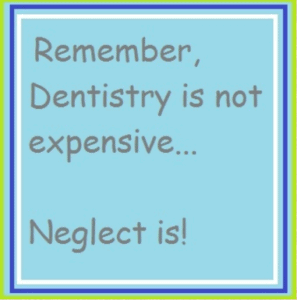 Smile Sarasota tip: don’t wait until something hurts to call us!! Preventive dentistry is the practice of caring for one’s teeth to keep them healthy. This helps to avoid cavities, gum disease, oral cancer, enamel wear, and more. There are many forms of preventive dentistry, such as daily brushing and regular dental cleanings.
Smile Sarasota tip: don’t wait until something hurts to call us!! Preventive dentistry is the practice of caring for one’s teeth to keep them healthy. This helps to avoid cavities, gum disease, oral cancer, enamel wear, and more. There are many forms of preventive dentistry, such as daily brushing and regular dental cleanings.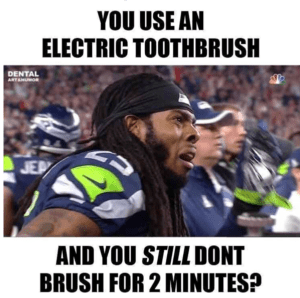 Do you use an ultrasonic toothbrush? If not, what are you waiting for? If you’ve been on fence about switching to an electric/ultrasonic toothbrush we’re here to help. Let’s to review the top benefits of using an ultrasonic toothbrush:
Do you use an ultrasonic toothbrush? If not, what are you waiting for? If you’ve been on fence about switching to an electric/ultrasonic toothbrush we’re here to help. Let’s to review the top benefits of using an ultrasonic toothbrush: Do you chew gum? Chewing gum has been proven to increase brain function and overall cognitive thinking as well as suppress appetite. Now, there is an even better reason why we should all be chewing it. Research has been conducted and published that states that chewing gum can remove almost as much intra-oral bacteria as brushing your teeth twice a day and flossing regularly. . ..The gum does have to be sugarless or contain artificial sweeteners to work. Thankfully, Tampa Bay Rays pitcher, David Price in the photo is chewing gum and not tobacco! We’ll discuss tobacco in another post.
Do you chew gum? Chewing gum has been proven to increase brain function and overall cognitive thinking as well as suppress appetite. Now, there is an even better reason why we should all be chewing it. Research has been conducted and published that states that chewing gum can remove almost as much intra-oral bacteria as brushing your teeth twice a day and flossing regularly. . ..The gum does have to be sugarless or contain artificial sweeteners to work. Thankfully, Tampa Bay Rays pitcher, David Price in the photo is chewing gum and not tobacco! We’ll discuss tobacco in another post.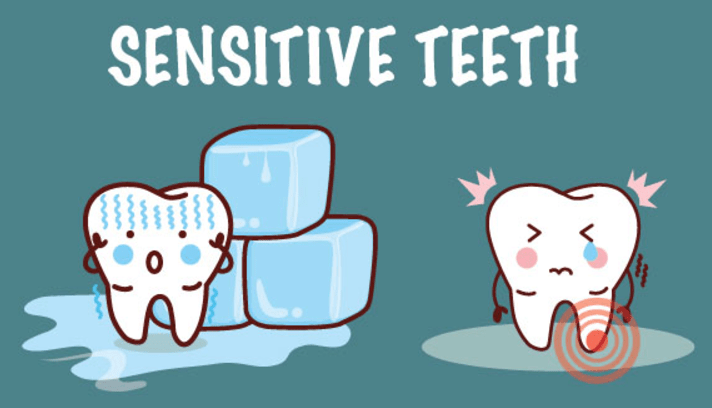
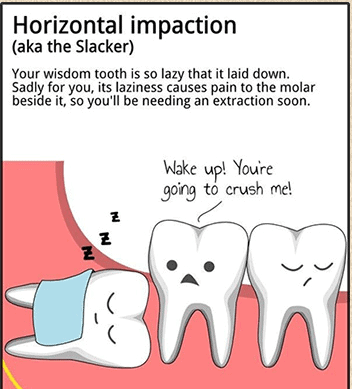 So…how did wisdom teeth become known as such? It goes back to the 17thCentury and at that time, they were called “teeth of wisdom. Usually these four molars are the last teeth to develop and erupt much later that your other teeth, normally between age 17 and 25. Since they appear so late this was referred to as the ‘age of wisdom’. The correct terminology wisdom teeth is ‘third molars’. You may not know that they serve little purpose now.
So…how did wisdom teeth become known as such? It goes back to the 17thCentury and at that time, they were called “teeth of wisdom. Usually these four molars are the last teeth to develop and erupt much later that your other teeth, normally between age 17 and 25. Since they appear so late this was referred to as the ‘age of wisdom’. The correct terminology wisdom teeth is ‘third molars’. You may not know that they serve little purpose now.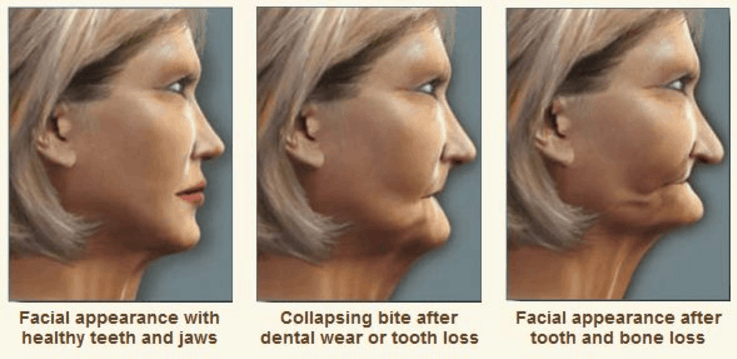 Yes, Smile Sarasota makes dentures, but our goal is to help you KEEP your teeth and not make dentures. Have you ever seen someone without their dentures in? Their facial structure collapses inward. This is not only due to tooth loss…it is due to bone loss.
Yes, Smile Sarasota makes dentures, but our goal is to help you KEEP your teeth and not make dentures. Have you ever seen someone without their dentures in? Their facial structure collapses inward. This is not only due to tooth loss…it is due to bone loss.

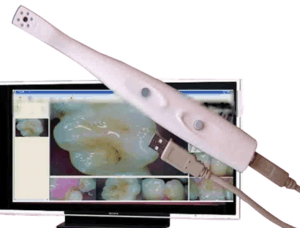 There is a lot of information needed for Dr. Still to perform a proper diagnosis. Depending on the reason for your visit to our office, we might make use of one of our favorite diagnostic tools: a digital intra-oral camera. Between a visual exam, x-rays, and sometimes study models for more involved cases, we use the intra-oral camera to diagnose many oral conditions. This technology allows us to see your mouth magnified 50 times, so anything wrong with your teeth or your mouth will be obvious,and can be viewed on a large, flat panel monitor. Simply put, the intra-oral camera allows us to see what an x-ray might not reflect such as micro cracks so small, even magnifying glasses could miss.
There is a lot of information needed for Dr. Still to perform a proper diagnosis. Depending on the reason for your visit to our office, we might make use of one of our favorite diagnostic tools: a digital intra-oral camera. Between a visual exam, x-rays, and sometimes study models for more involved cases, we use the intra-oral camera to diagnose many oral conditions. This technology allows us to see your mouth magnified 50 times, so anything wrong with your teeth or your mouth will be obvious,and can be viewed on a large, flat panel monitor. Simply put, the intra-oral camera allows us to see what an x-ray might not reflect such as micro cracks so small, even magnifying glasses could miss.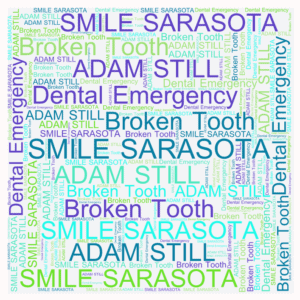
 So what does compassion mean when choosing a dental office? Compassion requires the ability to identify with a patient’s overall well-being. Relieving pain and suffering is a common attribute of dental practice. Acts of kindness and a sympathetic ear for the patient are all qualities of a caring, compassionate dentist. We feel that the most important person should be you, the patient. We put you and your comfort at the top of our priority list. Dr. Still sees only one patient at a time, so you will never feel like a number at the bottom of a chart. At Smile Sarasota, compassion is part of the services offered…we care about you, your needs, and you can feel it from the moment of your first contact with our office.
So what does compassion mean when choosing a dental office? Compassion requires the ability to identify with a patient’s overall well-being. Relieving pain and suffering is a common attribute of dental practice. Acts of kindness and a sympathetic ear for the patient are all qualities of a caring, compassionate dentist. We feel that the most important person should be you, the patient. We put you and your comfort at the top of our priority list. Dr. Still sees only one patient at a time, so you will never feel like a number at the bottom of a chart. At Smile Sarasota, compassion is part of the services offered…we care about you, your needs, and you can feel it from the moment of your first contact with our office.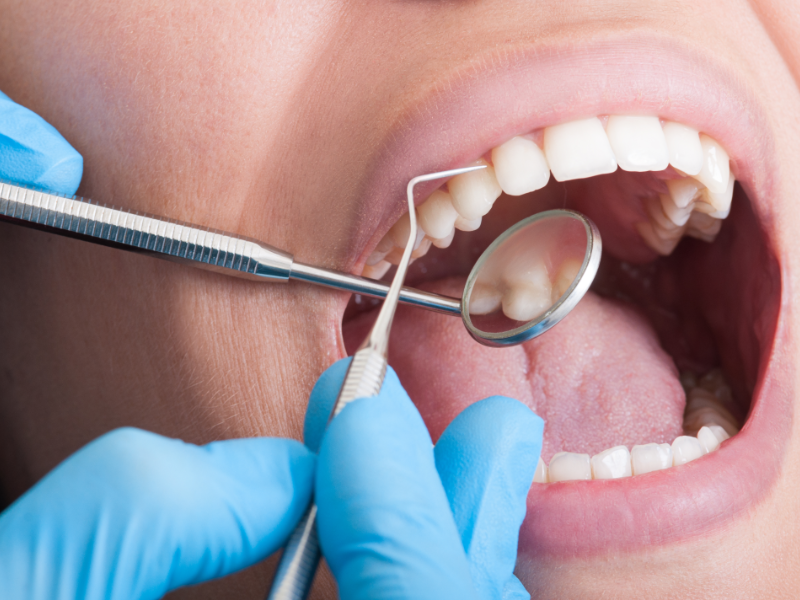

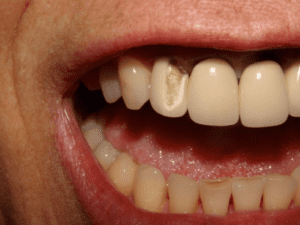 Smile Sarasota does a lot of cosmetic dentistry. Cosmetic dentistry is a branch of medicine that is trending these days, and people are becoming more and more conscious of the fact that good oral health is important.
Smile Sarasota does a lot of cosmetic dentistry. Cosmetic dentistry is a branch of medicine that is trending these days, and people are becoming more and more conscious of the fact that good oral health is important.


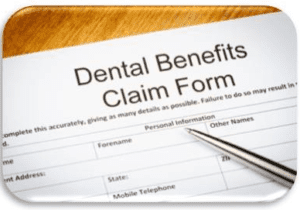 Hardly a day goes by that Smile Sarasota doesn’t have a call from a prospective new patient asking if we ‘accept assignment’ for their dental insurance. We do not. We are a ‘fee-for-service’ practice – our patients pay at the time of service and we are glad to file claims with the insurance reimbursement going directly to our patients. Often, the patient will appoint anyway, but some do not. Those who do not will eventually find out that dental insurance is not all that helpful.
Hardly a day goes by that Smile Sarasota doesn’t have a call from a prospective new patient asking if we ‘accept assignment’ for their dental insurance. We do not. We are a ‘fee-for-service’ practice – our patients pay at the time of service and we are glad to file claims with the insurance reimbursement going directly to our patients. Often, the patient will appoint anyway, but some do not. Those who do not will eventually find out that dental insurance is not all that helpful.